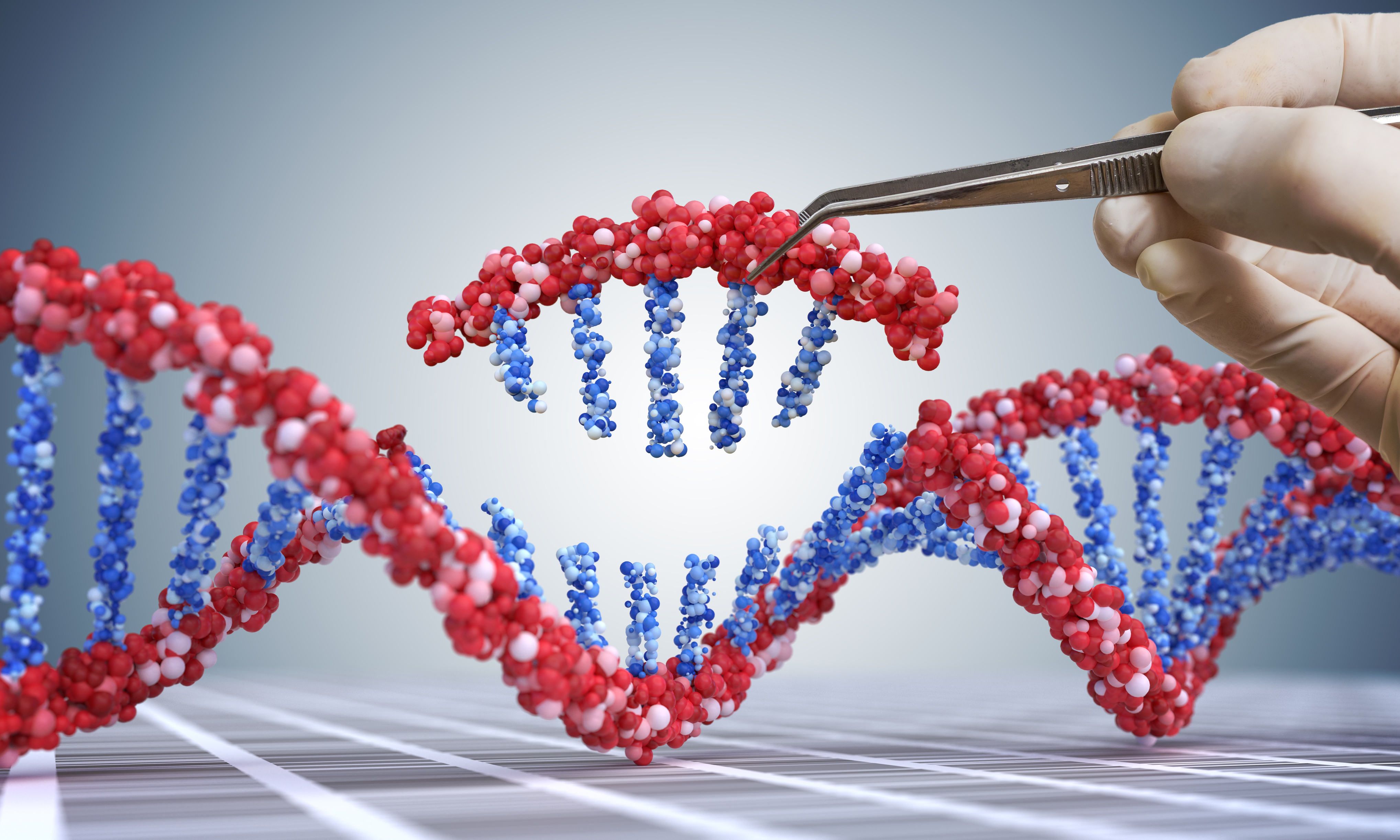Potential Inequities in New Medical Technologies
By Eric B. Kmiec and Jonathan Marron,
Scientific American
| 03. 28. 2020
As headline-catching new technologies emerge—like tools to “edit” our DNA—researchers, doctors, patients and the general public are excited about the future of medicine and the research that informs its practice. For some, there are obvious and critical conversations taking place about the ethics of this research, including how we do it (think “CRISPR babies” in China) and the potential for edits (intentional or otherwise) that could be passed on to future generations.
These conversations are important, but they can overshadow another equally important question. Will all patients have equal access to these new technologies?
That question requires us to look back at the blemished history of medical research and health care that has resulted in some patients—based on their race, gender, income and other factors—having poorer access to health care and poorer health in general. In some cases, this is because the system neglected them. In others, because the system blatantly abused them. The question we must ask is: Will new treatments continue or even worsen deeply rooted disparities? Or will we lay the groundwork for future treatments that...
Related Articles
Flag of South Africa; design by Frederick Brownell,
image by WikimediaCommons users.
Public domain, via Wikimedia Commons
What is the legal status of heritable human genome editing (HHGE)? In 2020, a comprehensive policy analysis by Baylis, Darnovsky, Hasson, and Krahn documented that more than 70 countries and an international treaty prohibit it, and that no country explicitly permits it. Policies in some countries were non-existent, ambiguous, or subject to possible amendment, but the general rule remained, even after one...
By Tamsin Metelerkamp, Daily Maverick | 11.18.2024
The National Health Research Ethics Council (NHREC) has confirmed that heritable human genome editing (HHGE) remains illegal in South Africa, after changes in the latest version of the South African Ethics in Health Research Guidelines sparked concern among researchers that...
By World Health Organization, World Health Organization | 11.20.2024
By Colette Shade, The New Republic | 11.14.2024
Photo "Elon Musk" by Daniel Oberhaus on Flickr (CC BY-NC-SA 2.0)
Would Donald Trump have won reelection if not for the backing of the world’s richest man? We’ll never know. But that man, Elon Musk, gave Trump more than $130...




